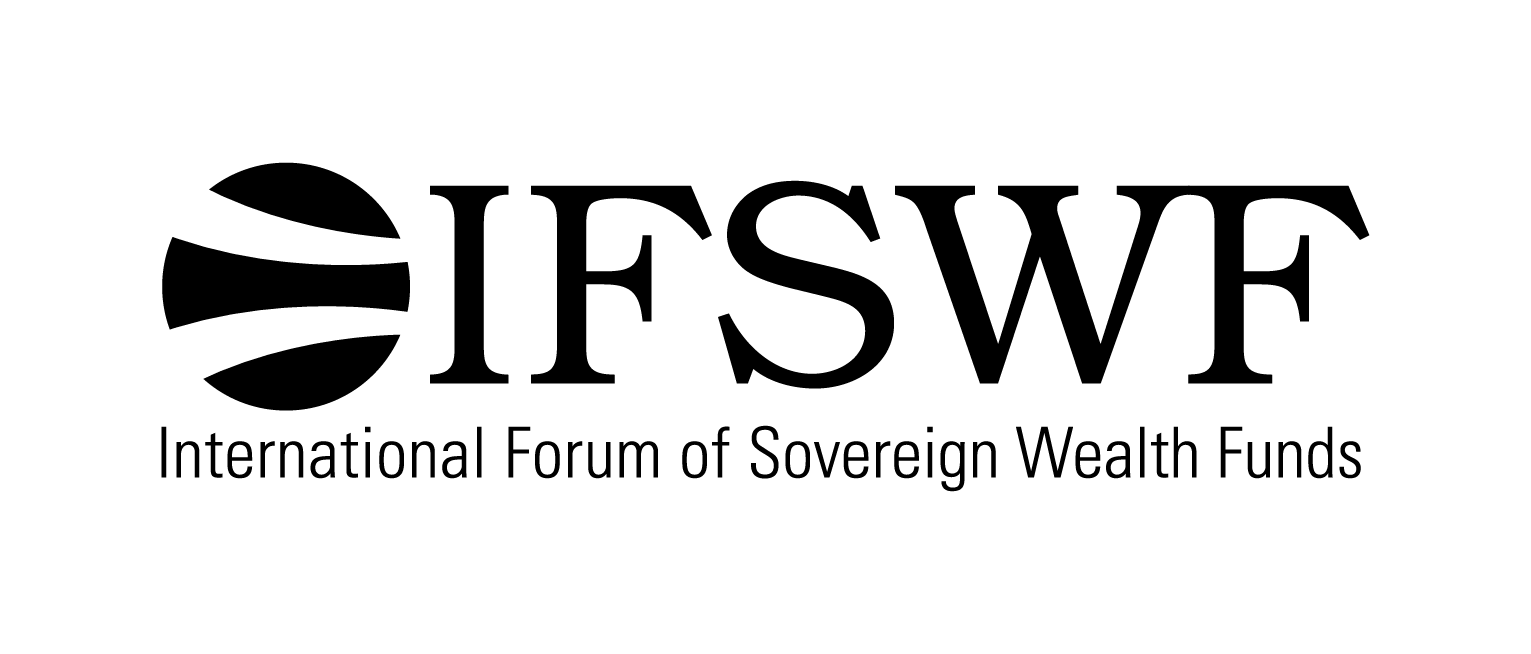|
Speaker |
Daniel Adamson, Wafra Investment Advisory Group (Presentation) |
Why bring investment activities in house?
Insourcing investment activities has several potential benefits, such as reducing management costs for certain strategies, providing access to certain opportunities that wouldn’t have been available without internal capabilities, and making the investor’s portfolio more responsive to market conditions and liabilities.
The path to implementation
Successfully insourcing asset management requires a strong governance structure, in which there is independence, understanding and accountability throughout the investor. As a sovereign wealth fund insources its investment capabilities, it must appoint a board with appropriate expertise, using agreed criteria. Funds must hire teams and individuals with appropriate experience and capabilities and rewarded with proper incentives and alignment of interests with the fund’s objectives. To institutionalise capabilities, it is vital that the team not only has the correct skills, but also is the correct fit for the culture of the fund. By so doing will minimise staff turnover and build deeper capacity. Finally, the investor, needs to build out financial and operational risk-management systems, potentially requiring a chief risk officer and a dedicated risk team.
However, it is important to start slowly. Identify individual geographies or asset classes that are most appropriate for the fund, rather than diving in to complex asset classes or strategies in which there is no existing expertise, or will not help the fund achieve its strategic objectives. Moreover, “complex” or “challenging” are relative terms, for some investors some markets or asset classes may be mainstream – for example, private equity or real estate in China – while for others this may be a completely new and difficult market to enter.
The same is true for hiring talent. It takes time to find the right people and build up a good team with the capability to manage direct investing, particularly in more challenging asset classes. It is worth spending this time to optimise the long-term benefits of these strategies.
The challenges
There are three broad categories of challenges: hiring the right people from the board to investment professionals and retaining them; developing new processes, such as risk management, compliance, and strong governance structures; and providing the correct investment infrastructure and networks.
Each strategy that is insourced faces its own challenges and some – such as passive, listed equity or debt – are easier than others – active strategies, or private-market investing. Nevertheless, for each strategy, there are, broadly speaking, five sets of challenges – expertise, alignment, organisational capacity, deal origination and risk management.
The key questions
When considering which strategies to insource, it is important to consider the organisation’s competitive advantages. Sometimes, it is perhaps better to co-invest with other asset owners to benefit from their expertise in a specific geography or asset class. This may not only provide better financial results, but also provide a learning opportunity for investment teams.
Governance structures are also an important consideration. Is the existing governance structure better suited for managing in-house investment teams or selecting and working with managers? Does the senior management have the time and expertise to supervise successful direct investment strategies? Are stakeholders sufficiently aware that there may be short-term performance fluctuations due to in-house decisions and assessing whether, as a long-term investor, that some short-term fluctuations are acceptable, but also knowing when to stick with an investment or divest?
Finally, it is important to have a business plan for bringing investing in-house. Stakeholders must be prepared to invest in building internal capabilities and the pay-back may take several years to emerge. If not are there alternatives to bringing all capabilities in-house – for example, partnerships – that might be lower cost, but achieve the same objectives.

